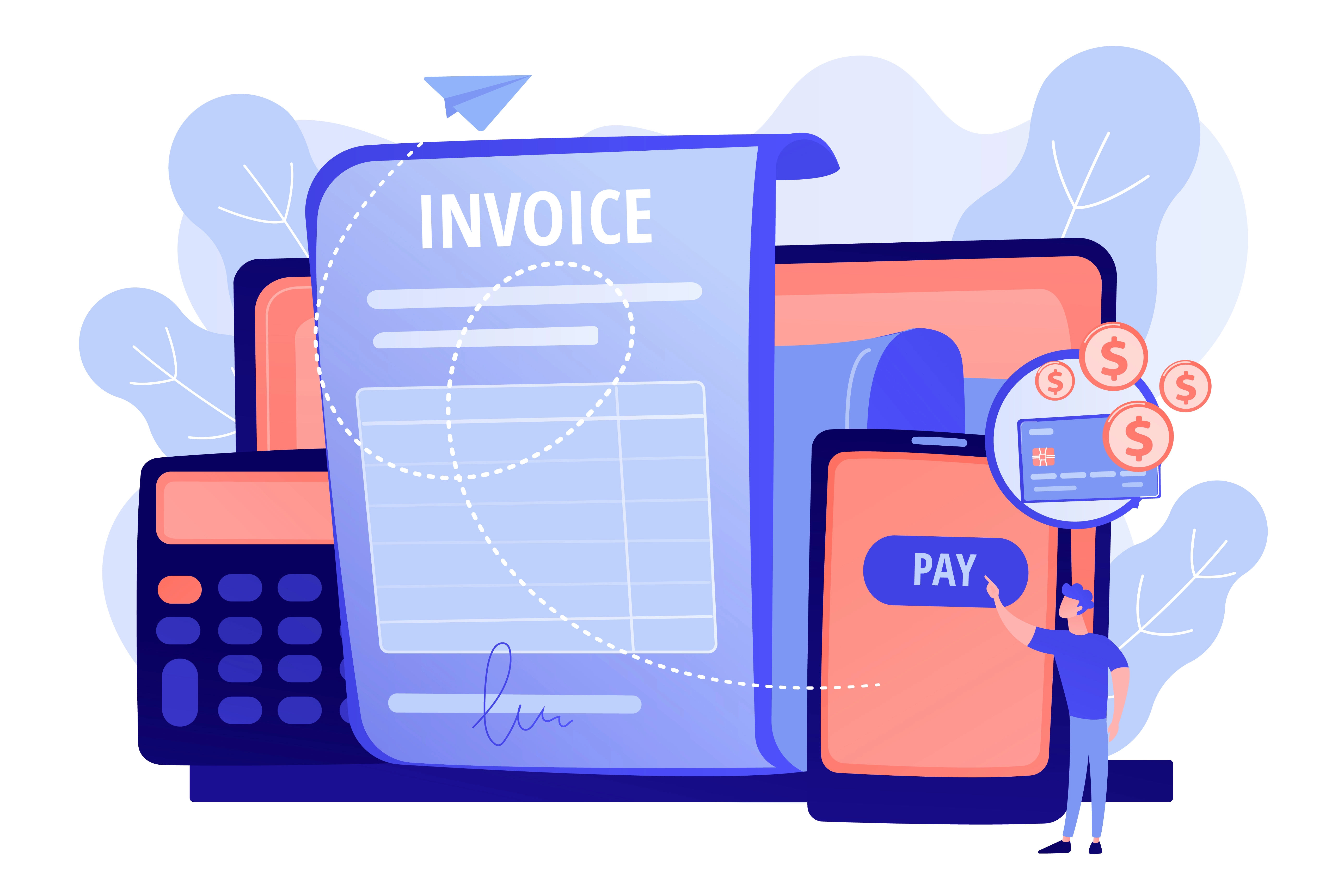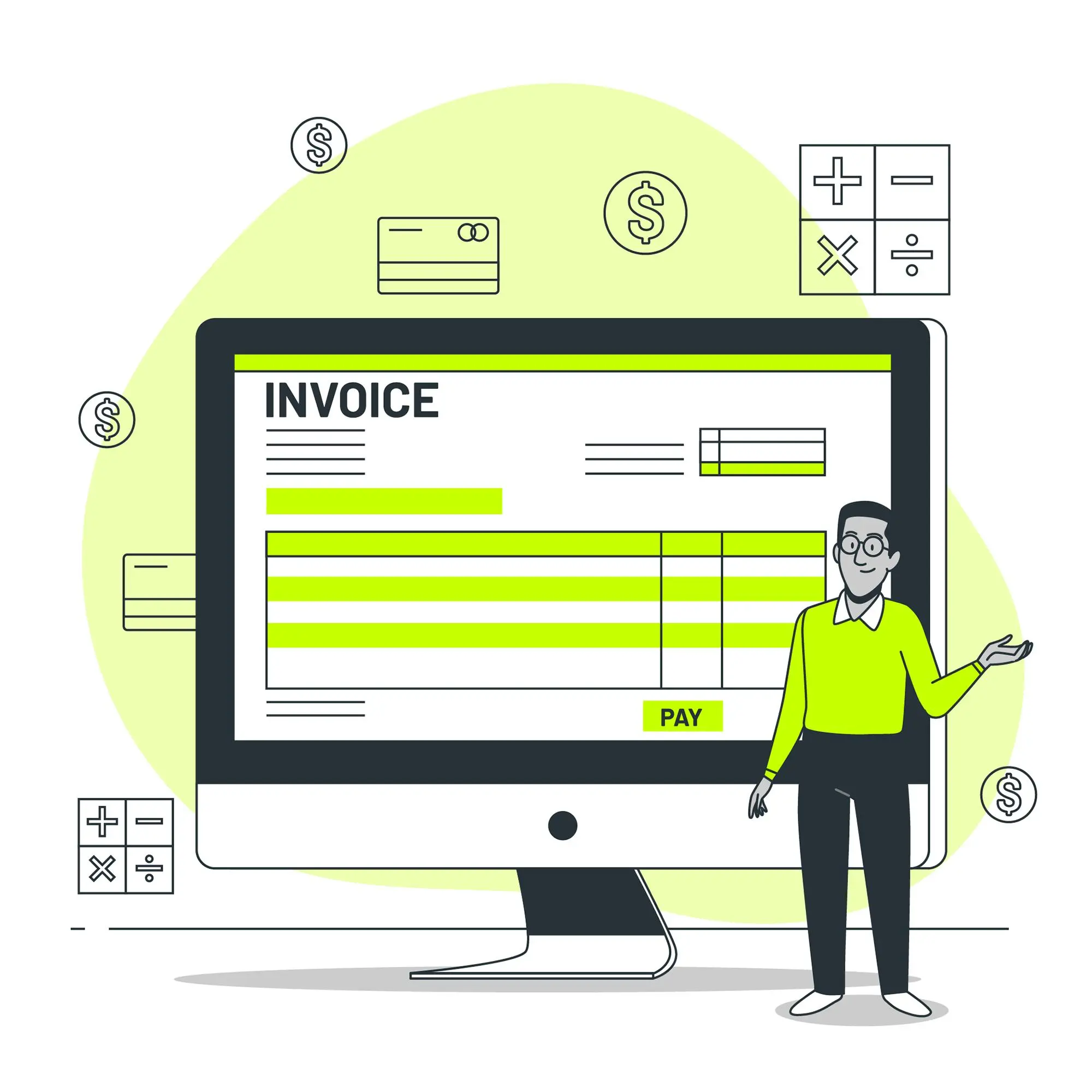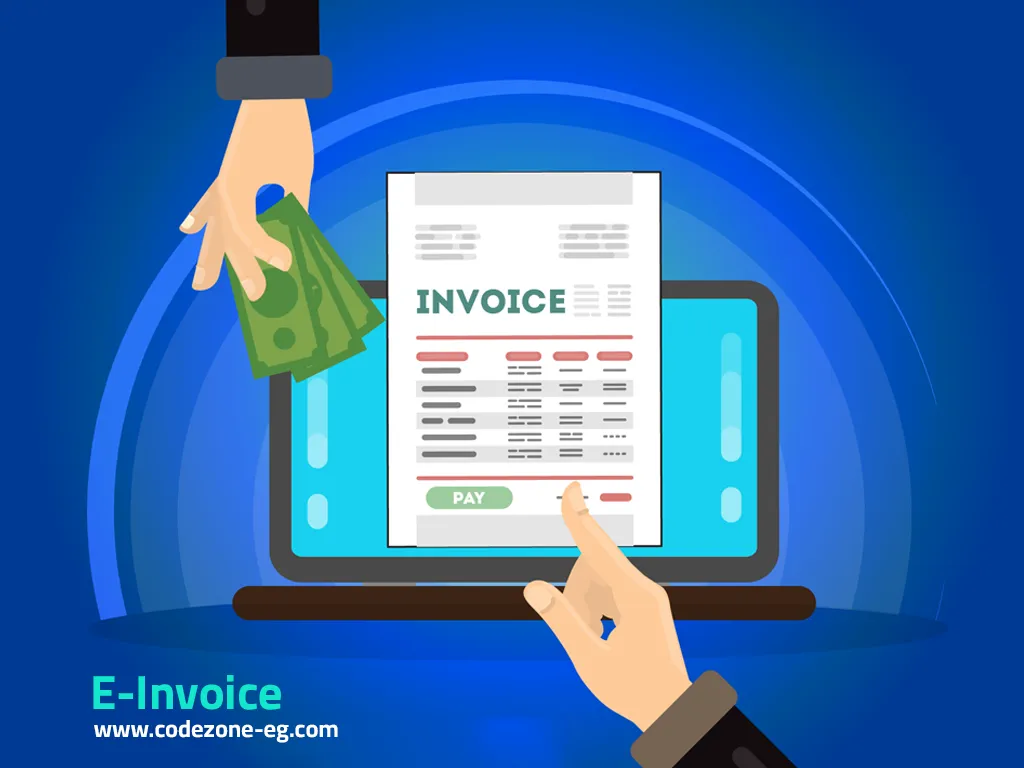What is Electronic Invoice?
Electronic Invoicing: Towards a Advanced Future,
In pursuit of digital transformation and as a continuation of its efforts, the Egyptian Ministry of Finance, along with the Tax Authority, has taken several steps over the past months to implement the electronic invoicing system. The experience went through several stages before finally settling on the launch date of electronic invoicing, which took effect for major financiers starting from February 15, 2021.

What is Electronic Invoicing?
Electronic invoicing is a digital document that verifies transactions of goods and services sales. It is prepared, signed, sent, and received electronically through the electronic invoicing system under the supervision of the financier. It is reviewed and verified in real-time by the Egyptian Tax Authority.

Characteristics of Electronic Invoicing:
- 1. Electronic invoices feature a unique identification number for each invoice, known as the UUID (Universally Unique Identifier).
- 2. There is a standardized format and content for every invoice within the system.
- 3. The electronic signature of the invoice ensures complete data security.
- 4. Instant notifications are sent to both the seller and the buyer to share invoice details.
- 5. Invoices can be saved, reviewed, and printed.
Registration in Electronic Invoicing:
After joining the electronic invoicing system, companies and individuals must register their sales and purchases on the tax authority's electronic system.
Dealing with Customers and Financiers:
The electronic invoicing system requires the tax identification number of the buyer. In case of dealing with non-registered customers, the national ID of the buyer should be used instead of the tax identification number.
Goods Excluded from the Electronic Invoicing System:
Goods imported from outside the Arab Republic of Egypt are exempted from the electronic invoicing system. However, in case of resale within the country, they become subject to electronic invoicing as a transaction.

Electronic Invoicing Solutions from CodeZone:
CodeZone offers a comprehensive solution for managing electronic invoices. Its application software for electronic invoicing allows easy registration of data and seamless interaction with the system. It comes with several features including customer data registration, item coding, data import, invoice verification, and more.
Advantages of CodeZone's E-Invoice Application Program:
- 1. Contracting and working on the system on the same day.
- 2. Compliance with the standards specified by the Tax Authority.
- 3. Customer data registration according to the electronic tax system.
- 4. Coding of items according to the unified coding system.
- 5. Importing all data through an Excel file.
- 6. Ability to select one or more invoices to send to the tax authority.
- 7. Reviewing invoices before sending them according to the Tax Authority's standards.
- 8. Verifying the electronic invoice's approval by the Tax Authority.
- 9. The coding system follows the standards within the system, whether GS1 or EGS.
- 10. Comprehensive processing of electronic invoices.
- 11. Registering data of companies and individuals being dealt with.
- 12. All items are registered with approved codes from the Tax Authority without the need to change the barcode being used.
- 13. Technical support and training on the electronic invoicing program.
CodeZone also offers various monthly subscription options, allowing users to choose the package that suits their needs. These solutions facilitate the use of electronic invoicing with ease, contributing to improving operational efficiency and ensuring tax compliance with precision.
Conclusion:
Electronic invoicing represents a significant step towards developing business operations and simplifying accounting procedures. With CodeZone's solutions, individuals and companies can fully benefit from the advantages of this system and achieve effective integration with the Egyptian Tax Authority's system.

